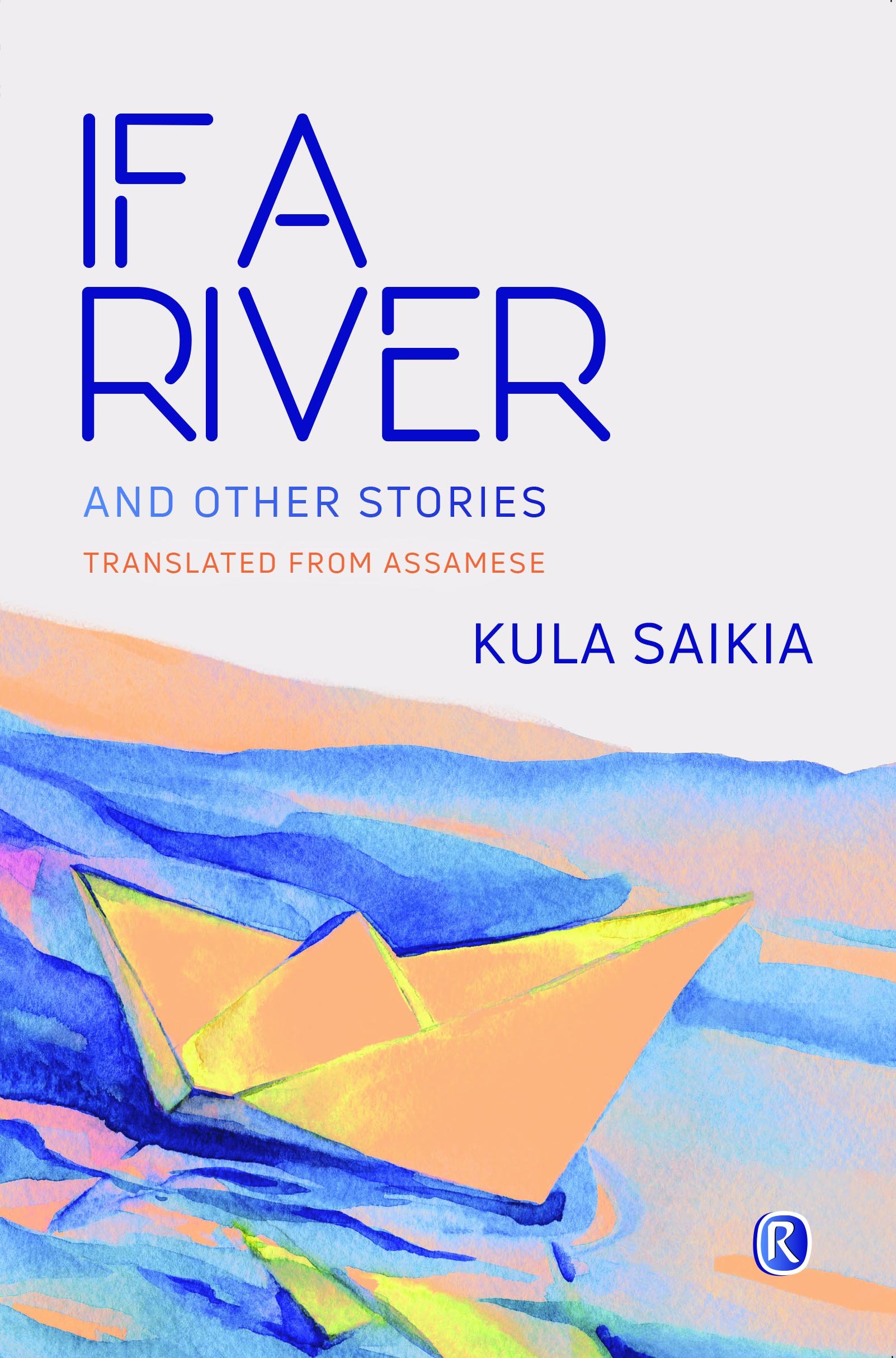If you are at that stage in life where you are looking back and reminiscing about your journey called life so far, well then this collection of twenty translated stories is for you. Saikia’s stories are like a soft breeze wafting across you brushing away the cobwebs of forgetting and reveal emotions, long buried passions, and the whisper of dreams long forgotten. They are knit together with the leitmotif of the river coursing through the narratives. The river divides people and keeps them apart but also connects them with bridges made of wood or concrete that hold the promise of a meeting of souls. But those fragile structures are as liable to crumble as the relationships in the book or can be the metaphorical link spanning the great divide to reunite and bring people together.
The river is also an imagined entity as in the first eponymous story when the arid desert sands with children playing and drawing never-ever-seen rivers make the narrator remember that these deserts were once at the bottom of the oceans and had pulsated with life. History is washed away but can be retraced. ‘The river is like a bridge between the old and the new… […] You must understand that this desert is saying the same thing, silently, in a subtle way. I existed even when your world was without living beings […] and have preserved in my innards layers and layers of your forgotten history.’ (p. 12). This is echoed in the story ‘Well Wishers’, ‘the desert completely removed the signs of fighting that went on for four hours…’ (p. 35). Water brings back to life not only biological beings but nebulous memories buried deep in the recesses of the mind.
The river’s divisive role is played out in ‘The Bridge’ as the narrator remembers his lost love whom he could not meet as the bamboo bridge had not been able to sustain their relationship and things have not much changed since then, as ‘this river has divided the town, it has created divisions in minds, straining relationships’ (p. 16). It is thus with passion he urges the next generation to fight for the construction of a solid bridge so that their newly forged bonds do not go the way of his lost one. But, it is also a connector as in ‘In the Rain’, where the protagonist imagines in his conversation with his beloved that they would not wish for the river to dry up because, ‘the river doesn’t mean just a volume of water, … this river was a bridge that connected you and me’ (p. 75).

